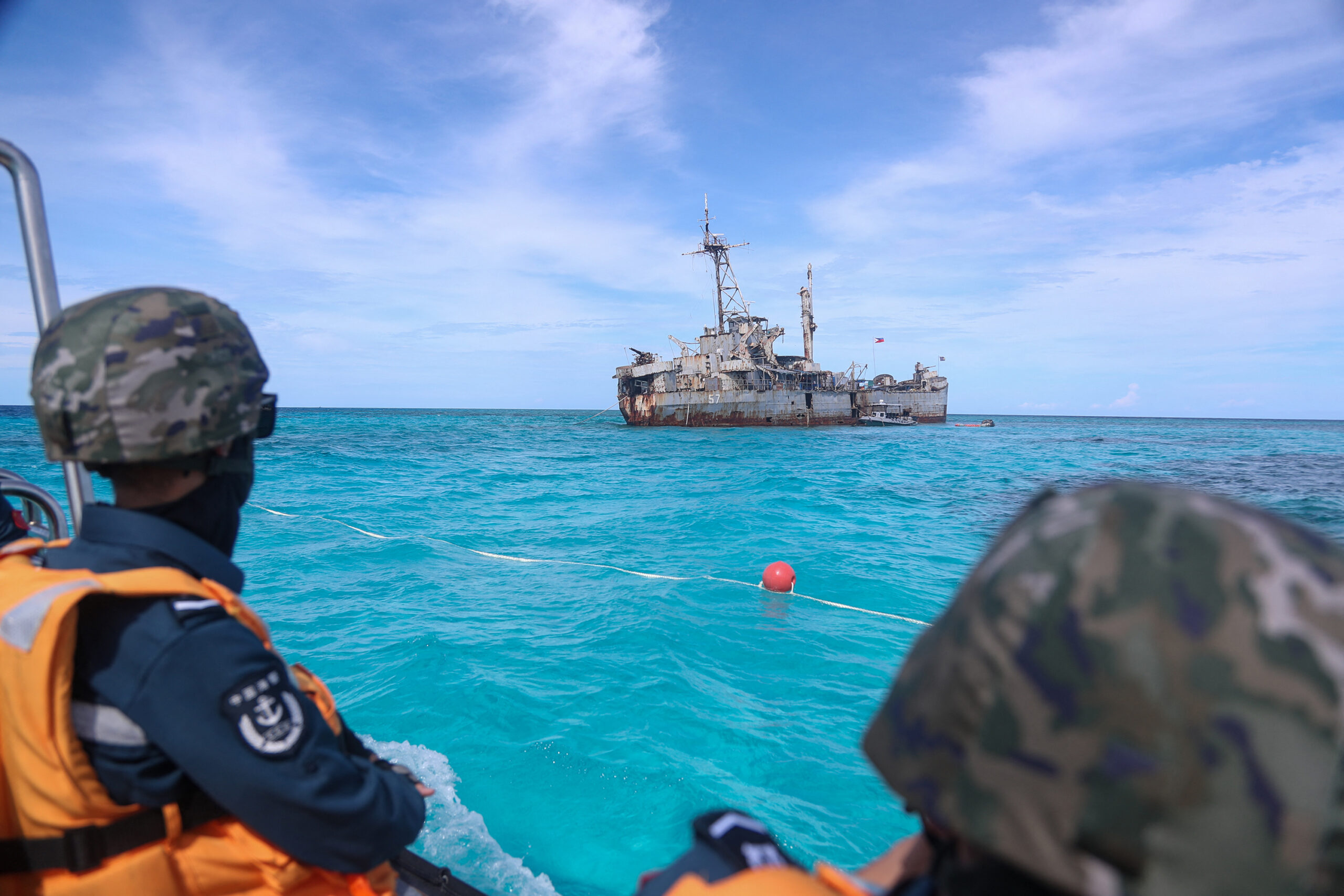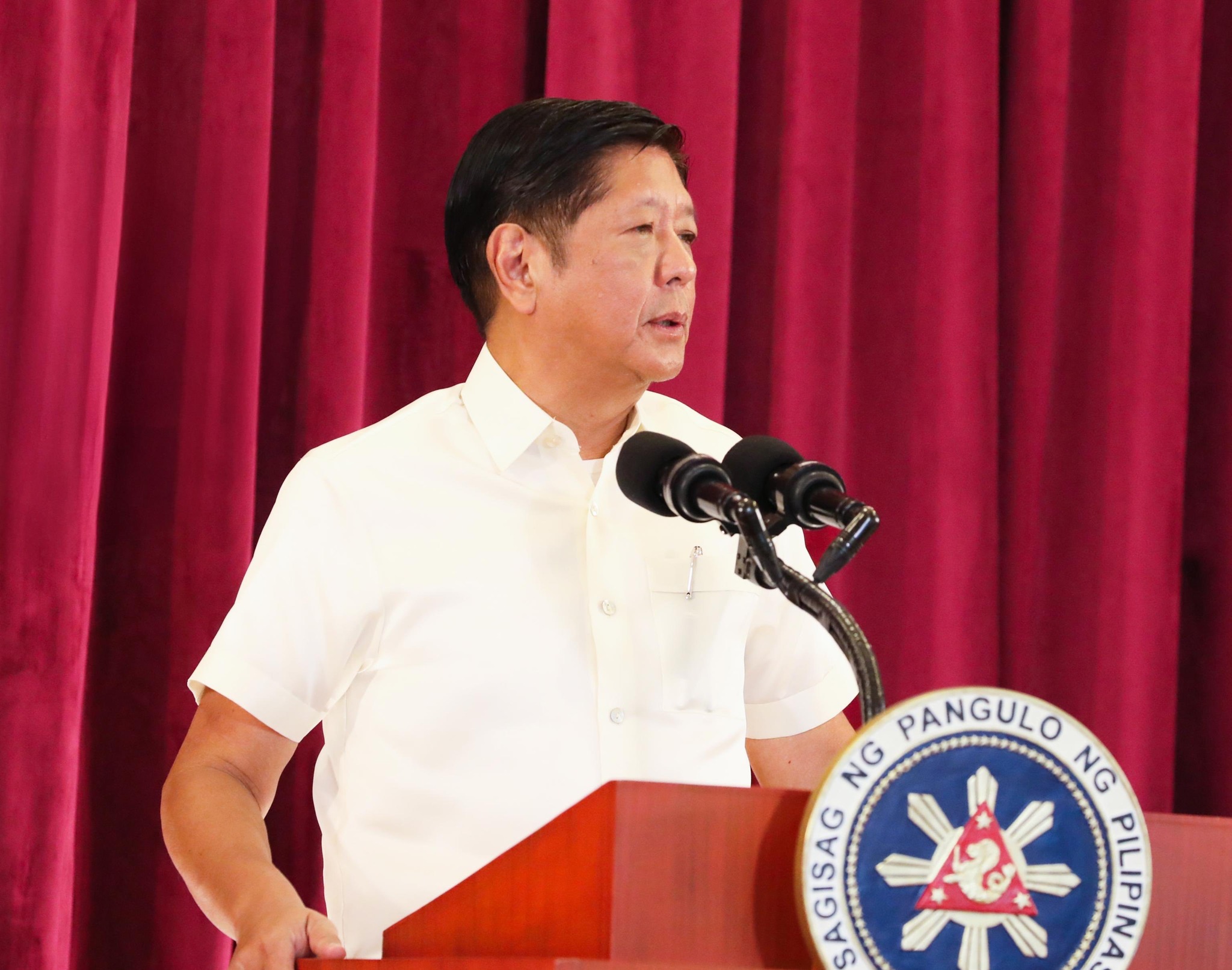Chinese Hackers Attack Philippines Presidential Office
The Philippines has confirmed that no data had been stolen following a recorded cyberattack by a Chinese state-sponsored actor on the Office of the President.
The country’s Department of Information and Communications Technology (DICT) said that the assault focused on “resurfacing” old information to reiterate the hacker’s capabilities but assured that no critical intelligence had been compromised.
At a press briefing in Manila, DICT Secretary Ivan John Uy noted that various government agencies have experienced attempts similar to the latest attack and were “successfully” mitigated.
“What we have seen are old data from many years ago that are being regurgitated, recycled just to make an impression that they were successful in doing so,” Uy remarked.
The DICT noted that the infiltration against Manila’s executive branch is part of the cyber group’s broader campaign to steal military documents associated with Beijing’s dispute over the South China Sea, a region overlapping large parts of the Philippines’ exclusive economic zone.
The agency explained that while the nation’s governing bodies are “always at risk” of cyberattacks, the DICT rapidly detected the incident and responded accordingly to protect against the threat.
“We’re able to secure the systems so that it remains just an attempt and not be able to compromise some of the more sensitive data,” Uy stated.
An update from Reuters said that the Chinese Embassy in Manila released no comment on the incident, while the Chinese Ministry of Foreign Affairs denied knowledge of the assault.
In a previous instance involving Chinese actors targeting the US Department of the Treasury, Beijing’s foreign ministry emphasized it “has always opposed all forms of hacker attacks, and we are even more opposed to the spread of false information against China for political purposes,” adding that related allegations “lack evidence.”
Partnership With US, China
The attack followed a discussion between the Philippines and the US in 2024 to launch military intelligence-sharing practices amidst China’s increasing dominance in the Pacific.
Manila also held a meeting with Beijing the same year to de-escalate tensions in the South China Sea by establishing a direct line of communication between both country’s leaders.
The Philippines’ cooperative plans with the two larger nations followed a minor standoff between Filipino and Chinese maritime services just before the year ended, in which the China Coast Guard fired a water cannon and “sideswiped” a Philippine Coast Guard vessel near the disputed Scarborough Shoal.













